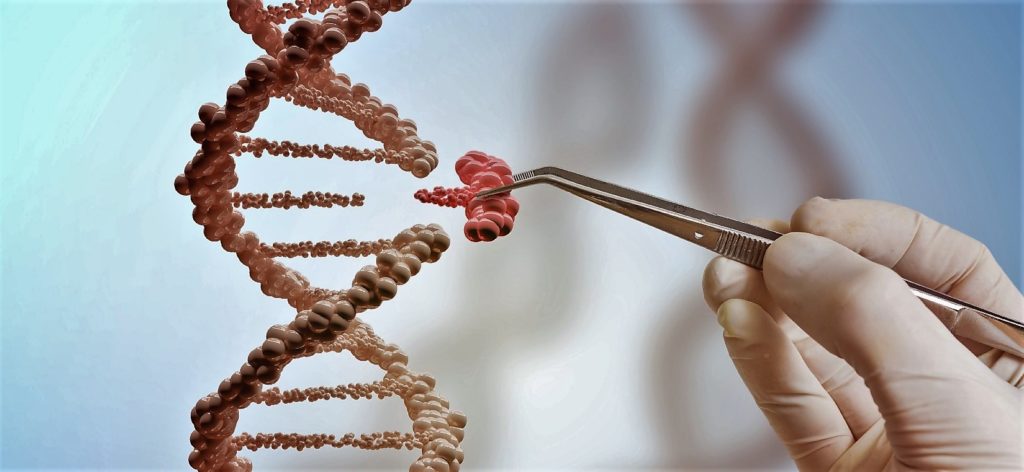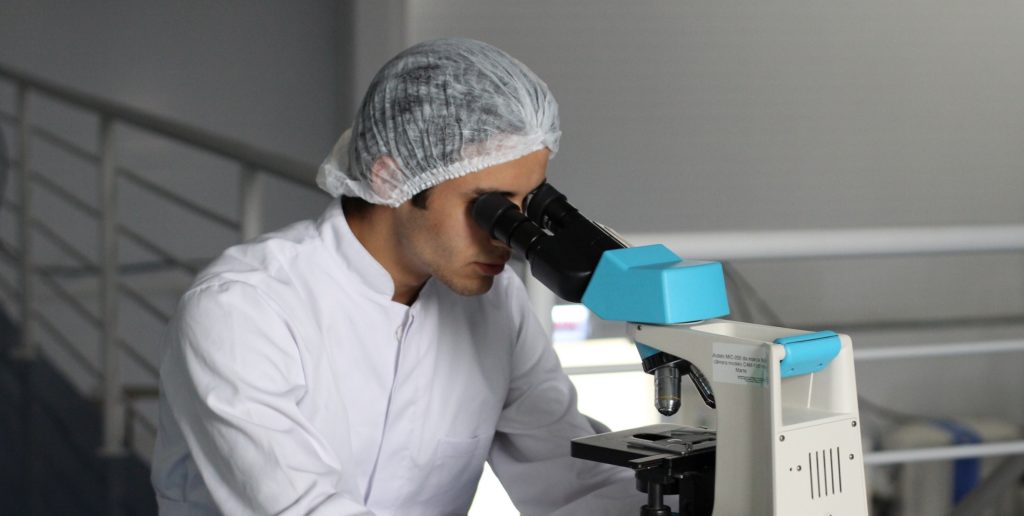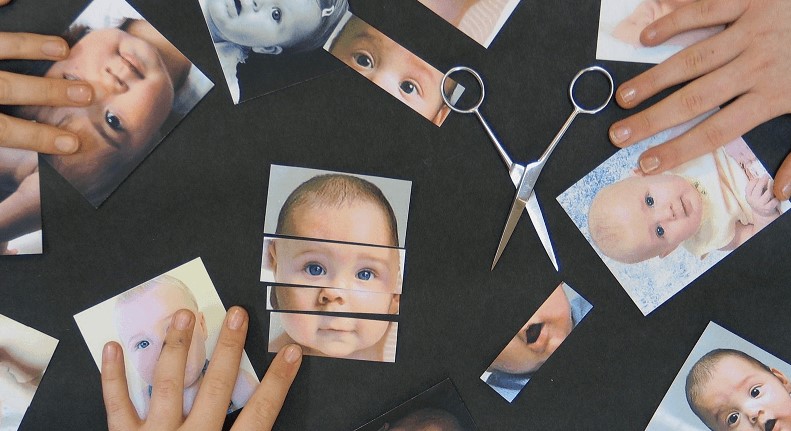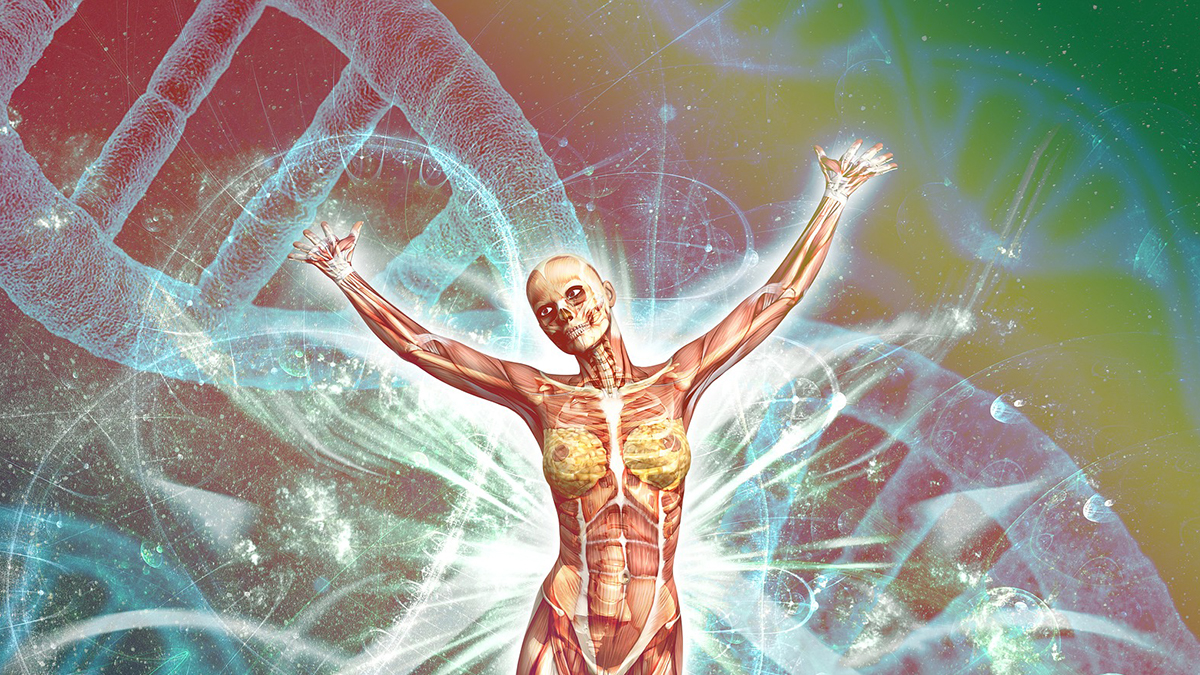A scientist in China claims to have successfully carried out the birth of genetically modified ‘designer babies’, does this raise new concerns about the ethics of gene editing?
Imagine, you were back in the 80s and someone told you that you could work, watch movies and do shopping using computers and something called the internet could connect you to every other person out there in the world. Would it be believable? It would sound ludicrous. In less than 40 years, it has become our reality and we don’t even realise it. We are living in an age where innovation and information are experiencing growth like never before.
One of the disciplines of science which has seen similar progress is genetic engineering. Genetic engineering or modification has slowly seeped into the process of designing and creation of organic life and a recent breakthrough is expected to transform how we live and proceed further as a species on Earth.

“CRISPR-Cas9 is a very precise technology which allows us to carry-out gene editing in a very exacting way,” says Prof. Peter Kille, a bioscientist from Cardiff University, who has been working in genomics since the last 35 years.
CRISPR-Cas-9 has the ability to remove undesirable traits and add desirable traits with precision in plants, animals and even humans. It is a protein enzyme complex derived from bacteria, which allows scientists to cut out fragments or genetic sequences from an individual’s DNA and introduce new sequences into it.
“Genetic modification is not a new phenomenon. Humans have been carrying out natural selection and through selective breeding, they have been favouring useful traits in plants and animals since ages. It has resulted in crops, livestock and pets which have supported human nutrition and security,” says Karishma Jain, a research assistant in biotechnology from Delhi University.
In the 1950s, the DNA molecule was discovered as the source code of genetic information which defines the growth, function and reproduction of every living organism. This opened a whole new dimension of research, and numerous experiments were conducted to understand the behaviour of the DNA.
The first genetically modified mouse was created in 1974 and the first GM food, the Flavr Savr tomato went on sale in 1994. Since then various animals have been modified to obtain agricultural and nutritional benefits. Gene editing is now being used to treat and cure medical conditions like cancer, blindness and Huntington’s disease.
“CRISPR is a breakthrough in the history of gene editing. It has reduced costs by over 90% and shortened the duration of experiments from weeks to a few days,”
Karishma Jain
This technological advancement though has led to ethical dilemmas and controversies.
In November 2018, He Jiankui, a Chinese scientist, shook the world by claiming to have created the world’s first genetically modified offsprings, who are resistant to HIV-AIDS. He has presented some data but no definitive proof of his claims. His work hasn’t been peer-reviewed or published.
He was criticised by the scientific community for carrying out an experiment illegally and without seeking ethical approval, which was followed by an enquiry by the Chinese government. A group of 122 Chinese scientists issued a statement calling his claims “a huge blow to the global reputation and development of Chinese science.”
The International Summit of Human Genome Editing, organised by American, British and Chinese academic bodies, released a statement in 2015, stating the guidelines for regulation of human genome editing, after a few attempts had been made by some scientists in the field.
The summit approves of clinical trials of stomatic gene editing but doesn’t allow germline editing. Stomatic editing is used to carry out therapy on body cells for an individual, which only affect the person and not the future offspring. Cells from the bone marrow can be genetically edited to cure sickle-cell disease. Germline editing is performed on embryos, which means it alters the DNA of the cell and its effects can be passed onto future generations. Livestock like cows and goats are being genetically edited to be more disease resistant and adaptive of living conditions.

The laws in the UK, are on similar lines. The regulatory body, Human Fertilisation and Embryology Authority (HFEA) prohibits tampering of human embryos in any way other than mitochondrial transfer, which doesn’t change the genetic information of the cell.
In 2016, HFEA gave permission to a team of scientists from Francis Crick Institute, London to carry out early-stage research on embryos. The team, led by Dr. Kathy Niakan has been allowed to use CRISPR- Cas9 to alter gene activity after fertilisation, with a mandate to destroy the embryos within seven days. Never before has a regulatory body granted approval for a germline experiment and Dr. Kathy’s team is the first in the world to get ethical clearance.
These developments start a debate about how gene editing should be done and what is the way ahead. While gene-editing could potentially cure severe hereditary and genetic disorders, it could also be abused to genetically enhance future off-spring which could change the course of the human gene pool. Scientists around the world are seeking an embargo on germline gene editing, as it is carried out without seeking the consent of the ones who will be most affected by it, i.e. the future generation.
“I am not in the favour of using gene-editing to make your child faster and smarter, I personally think that is wrong… but on the flip side, would you stop someone from preventing their child from a life-threatening genetic disorder?”
Professor Peter Kill
According to a survey conducted by YouGov, 76% of people in the UK say that gene editing should be allowed to reduce the risk of disease for future generations, while only one in ten people support gene editing to enhance intelligence and appearance.
Paul Stewart, a student at Brunel University, has an interesting take on this.
While both, the scientific community and the public stay divided on the moral or ethical implications of a GM world, what is required is an open public debate engaging the different voices of the society.
Genetic modification has been happening through the process of evolution but gene-editing gives power to scientists to take charge and alter its course. There are horrors of creating superhumans as soldiers for a war which could prove fatal for humanity. There is also hope to create humans with longer life-spans who could travel to other parts of the universe to extend the scope of life beyond our planet.

Are scientists playing God? Some will say yes, scientists are gaining access to more technology and resources which enable them to defy the laws and ethics of society. Some believe that while excess of anything could be detrimental, with awareness, informed discussions and productive debates, we can define a sound future ensuring a democratic social sphere with checks and balances.
The society has always resisted scientific and technological change but has also grown accustomed to its prevalence. We have learnt to adapt and transform with new changes by questioning motives and foreseeing consequences. Computers and the internet seemed to be a threat to jobs and society during their initial days, but have now become part of our social definition. Smartphones have become extensions to our actions and our conscience. Food crops and livestock have become more abundant and accessible to more and more people in the world. In the future, we could eradicate life-threatening diseases and ensure that the human race continues to grow and prosper by reinforcement of positive traits guided by a conscious mind.

